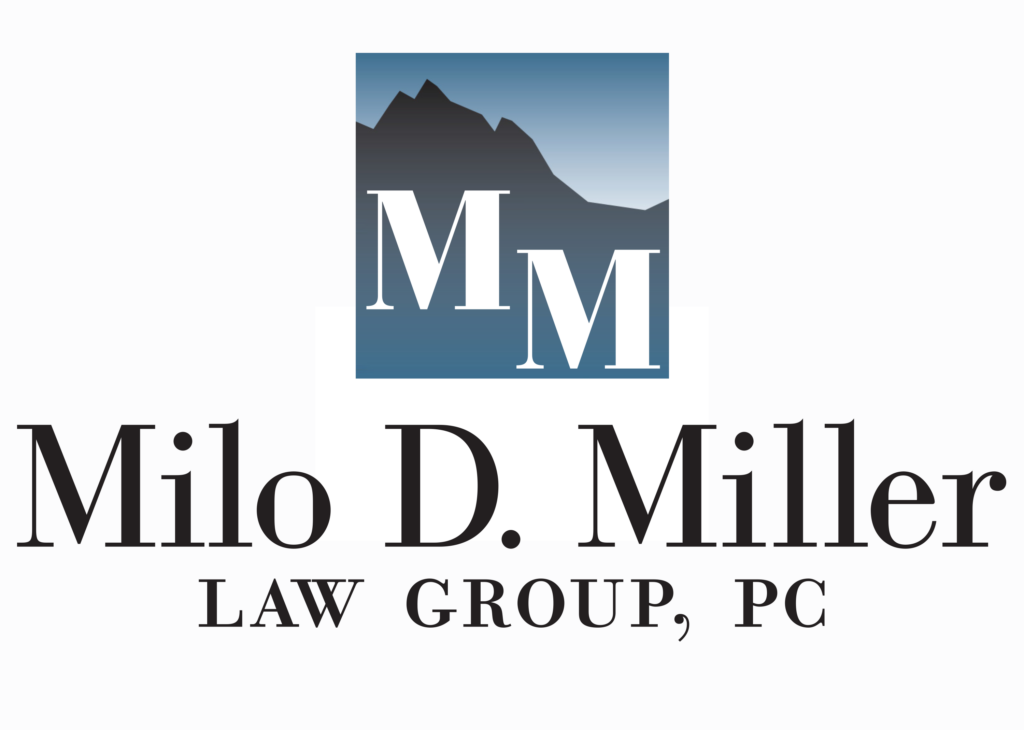Critical Path Method (“CPM”) is the most readily accepted method of measuring construction project delays. This scheduling technique is used to plan and manage a construction project. The CPM schedule calculates the completion time for a project with discrete start and finish times for the construction project’s work activities.
The CPM schedule represents the set or sequence of predecessor and successor work activities including earliest start dates, latest start dates and completion dates for each activity. The start of a discrete construction activity on the critical path is dependent on its predecessor work activity being completed based on estimated time durations in the CPM schedule. For example, excavation for a building foundation is quite often a predecessor work activity to its successor work activity of pouring the concrete foundation.
In our example, pouring the concrete building foundation is the work activity dependent on its predecessor work activity (foundation excavation) being completed in a reasonable time duration set forth in the CPM schedule. Timely completion of the concrete foundation is dependent on timely completion of the foundation excavation to avoid delay to these two discrete work activities and the construction project as a whole. Delays along the critical path may require additional time to complete the project and/or require accelerating work activities to make up for lost time. Increased costs are often the direct result of delays and acceleration to make up for delays.
Many project owners insist that liquidated damages be assessed for failure to timely complete interim milestone(s) and failure to meet the overall completion date. Most courts and arbitrators recognize the CPM schedule as a tool for measuring construction project delays and calculating liquidated damages as well as other time related damages. It is important for everyone involved in construction including owners, general contractors and subcontractors to understand how CPM scheduling is used to plan and execute construction work in addition to using CPM scheduling in proving or defending delay claims.
If you are experiencing delays, increased costs and damages on your construction project, please contact Milo D. Miller Law Group, P.C. at (720) 306-7733 to assist in navigating the often complex arena of CPM Scheduling and delay claims.
The materials contained at this site have been prepared by Milo D. Miller Law Group, P.C. for informational purposes only. This information is not intended to create, and receipt of it does not constitute, an attorney-client relationship.
